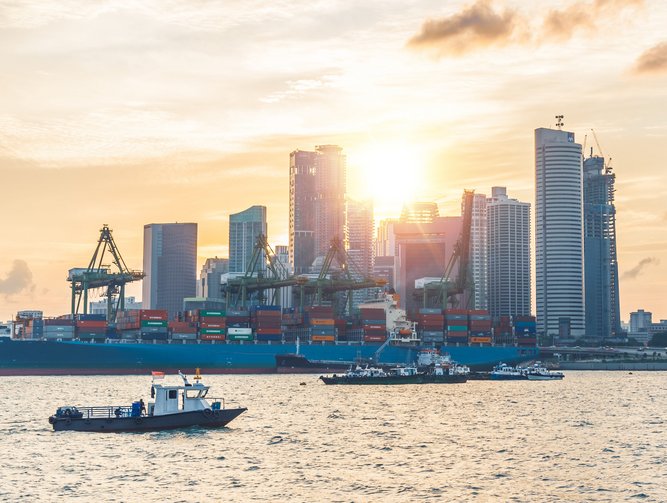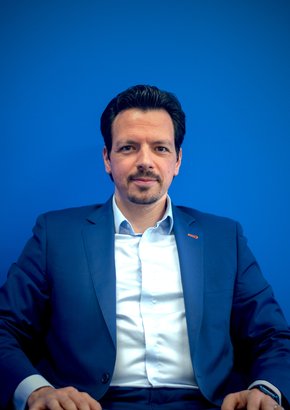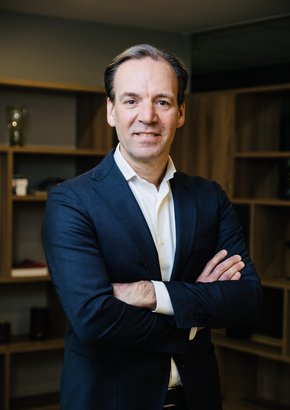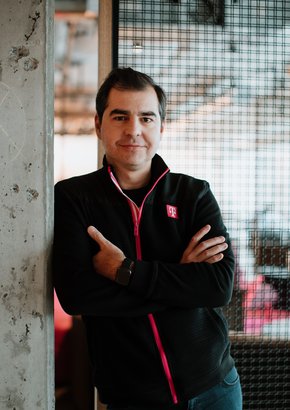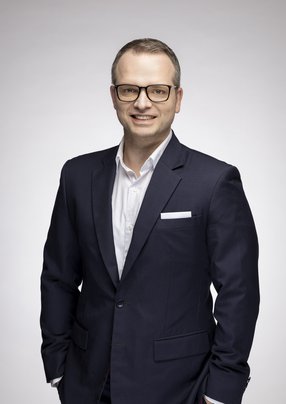
Jan Morgenthal
Chief Digital Officer

Since it first launched commercial services in 1997, M1 Limited has achieved many firsts. It was one of the first operators to be awarded one of Singapore’s two nationwide 5G standalone network licences, the first operator to offer nationwide 4G service, as well as ultra high-speed fixed broadband, fixed voice and other services on the Next Generation Nationwide Broadband Network (NGNBN).
Today, as a subsidiary of Keppel Corporation, M1 offers a wide range of mobile and fixed communication services to consumers, while delivering an extensive suite of services and solutions to corporate customers including symmetrical connectivity solutions of up to 10Gbps, managed services, cloud solutions, cybersecurity solutions, Internet of Things and data centre services.
A highly competitive market, Singapore today has four different MNOs in the market with a number of mobile virtual network operators (MVNOs).
“For a city state which has got slightly over five and a half million people, there are quite a lot of operators trying to get their mobile and their fixed line offerings out there in the market,” explains Jan Morgenthal, M1’s Chief Digital Officer.
An awarded digital transformation, product and IT leader, Morgenthal spent seven years in roles at Deutsche Telekom, joining M1 in October 2022 following a year at digital asset platform OSL.
His current role of CDO, he explains, is more involved than a traditionally more strategic position.
“I'm actually overseeing the entire IT department, meaning everything from IT strategy down to pulling up the arms and sleeves of the teams going into IT ops.”
About four years ago, M1 wanted to move from being a typical legacy telco operator towards a fully digital operator. “They actually wanted to really put apart their entire heart in the business support system (BSS) and operations support system (OSS), and embark on the journey to gain a competitive advantage. One of those ways is actually through gaining a technological advantage.
“For me, the technology re-haul was at the heart of the digital transformation. We have a consumer and enterprise business, but our entire consumer business is already more than 95% now in the cloud. So actually we have moved almost everything now, except for a couple of legacy items, and some parts which we are not allowed to put into public cloud infrastructure. But everything else will be just going fully into the cloud and that's clearly what we will close by next year.”
In its transformation, what M1 is doing, Morganthal explains, is taking a very customer-centric approach, as part of an ambition to become a digital powerhouse.
“We want to be a fully digital operator, but also to offer made to measure offerings, and also expand our enterprise business which is a key area for us,” he says.
“We also want to follow up our regional growth plan. We are not as big as other telco groups globally, we are a relatively small player, but we want to play smart.”
An example of this smart approach comes through M1’s 5G rollout. As Morgenthal explains, when it came to approaching its 5G rollout, M1 decided to think a little differently - not even embarking on a non standalone (NSA) journey.
“We just went for standalone (SA) 5G, because of our business strategy. We actually want to offer the best latency, the best connectivity towards our clients.
“We didn't even embark on the NSA journey. That is not something which we believe in, and that is very unique. We actually went to our local regulator, which is Infocomm Media Development Authority (IMDA), and our 5G SA is actually a joint venture with one of the other mobile operators here locally. And I would say that is a quite unique situation."
Read the full story HERE.
